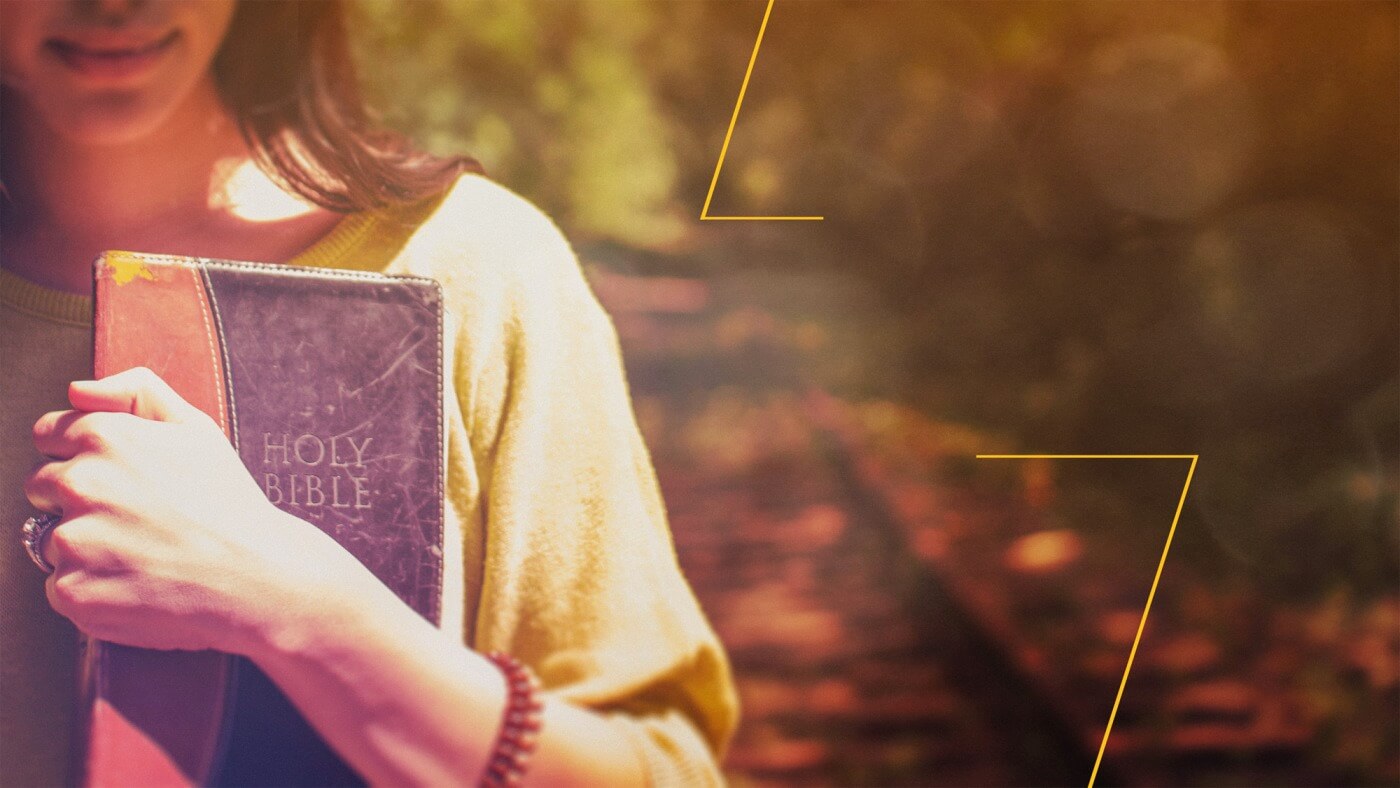
Lk. 16: 1-13
In our novitiate year, we were introduced to the novel ‘A Christmas Carol’ written by Charles Dickens. This novel was meant to enhance our language as well as reading skills. We were fascinated by this novel and longed to read this novel as a group. At the end of the process, we all felt that this novel changed our perspectives. I would like to quote the crux of the novel for our reflection…
The specialty of the novel is that the hero and the anti-hero of the novel are the same, a selfish old man, EbenezerScrooge, who, surprisingly, hates Christmas. The novel begins with the scene of a Christmas Eve. As usual, Scrooge was unkind to his clerk, Bob Cratchit and rude to his nephew, Fred who came to invite him for the Christmas celebration.
The surprise begins, when he gets back home. He was visited by the ghost of his old business partner Jacob Marley who seemed to be restless and carrying the burdens of his past. Then three other ghosts namely the ghosts of the Christmas past, the Christmas present and the Christmas future visited him consecutively.
The ghost of Christmas past takes him on a journey to his past Christmas. He sees himself as an unhappy child and greedy young man who loved money more that his own fiancé. The ghost of Christmas present shows him the poor family of Bob Cratchet and yet joyful, especially the youngest, Tiny Tim, who is very ill but spreading the joy of Christmas. Then, the ghost takes him to the Christmas celebration at his nephew, Fred’s house, whose invitation he had rejected. The ghost of the Christmas future presents to him his future…tragic death.
Today’s gospel portrays to us the essential features of a Christian disciple. The most important element in this journey of discipleship is the accountability of the disciple to the Master who has called him. When we study the teachings of Jesus in a deeper manner, we realize that Jesus stressed this dimension of being accountable. We can’t take anything for granted. All of us are blessed with manifold blessings and we are called to be responsible stewards who use all these blessings for the greater glory of God and for building his kingdom. In the gospel passage, we come across a servant who is not faithful to his mission. We observe the irresponsible management of wealth from him. However, he becomes vigilant and conscious about his mismanagement once he came to know that master is going to remove him from the office. Out of his self-knowledge, he realizes that he is not able to do any hard work or afraid of losing his human respect by way of seeking help from others. Anyhow, he wanted to make his future secure therefore, he cuts short the debts of those who were indebted to his master and gains their confidence, so that they may shelter him in his time of need. We may think that by doing so he may cause a further loss for the master. Most probably, he might have compromised his share from each deal,otherwise, the master would not appreciate his shrewdness…
The passage gives us a clear lesson with regard to the management of one’s own wealth. Luke might have kept in mind the issue of corruption that possibly could have been plaguing any of the early churches. The call to discipleship is a call to selfless service. It does not mean one should not have sufficient means for their livelihood. This passage strongly recommends the need to share and also our responsibility to alleviate the burden of our brethren who undergo the burden of the financial crisis. The disciple is called to be merciful like the father. We need to be faithful in the service of the Lord. The money that people generously entrust to us is meant for the poor, who undergoes various difficulties such as financial crisis, sickness, natural calamities, famine etc. When our brethren encounter such difficult phases in their lives, we have the responsibility to reach out to them, as Jesus did (he went about doing good, Acts 10.38). If not, we remain as the dishonest manager who was indifferent to his master as well as his brethren. Let us pray for a sensitive and caring heart that always reaches out to the other…
…When Ebenezer Scrooge wakes up the next day on the day of Christmas, he is no more the old selfish Ebenezer Scrooge. The vision that he had earlier, transformed him into a new person. He buys the biggest turkey to present to the poor family of Bob, his clerk, after which he went on to spend his day with Fred, his nephew.
Dear friends, is there a connection between the gospel passage and the novel? I leave it to your freedom. But, let us try to live our second chances without regrets…